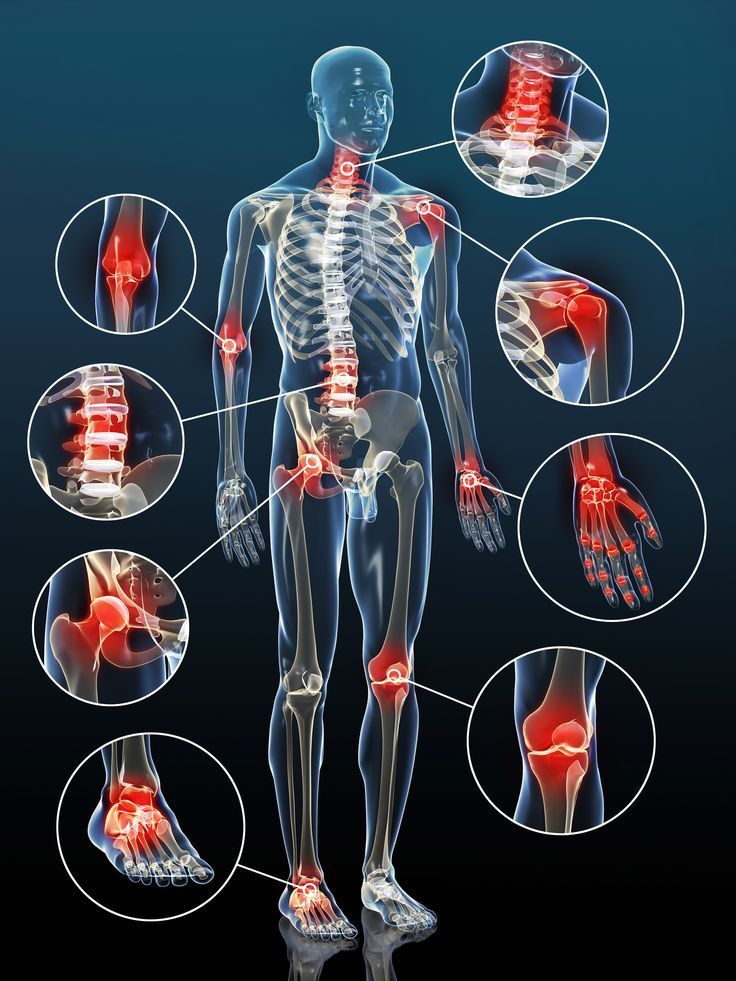February 22 marks the “Recreational Sports & Fitness Day” day, dedicated to promoting physical activity, health, and wellness through recreational sports and fitness activities. This day encourages people of all ages to engage in sports and fitness-related activities for fun, enjoyment, and the overall well-being of individuals. When it comes to sports injuries, physiotherapy plays a crucial role in both treatment and prevention. Here’s a detailed look at the effects of physiotherapy treatment on sports injuries:
What’s Physiotherapy All About?
Physiotherapy is like a superhero for sports injuries. It doesn’t just treat the pain – it looks at everything, from your body to your mind. First, physiotherapists check out your injury to understand what’s going on. Then, they develop a custom treatment plan tailored just for you. Employing a diverse range of modalities such as manual therapy, ultrasound therapy, and therapeutic exercises, physiotherapists aim to alleviate pain, restore function, promote tissue healing, and prevention of future occurrences.
Sports injuries encompass a wide range of conditions, from acute strains and sprains to chronic overuse injuries. Common sports injuries include:
- Sprains and Strains: These occur when ligaments (sprains) or muscles/tendons (strains) are stretched or torn, often due to sudden movements or overexertion.
- Fractures: Sports-related fractures can occur from direct trauma or repetitive stress, leading to a break or crack in the bone.
- Tendonitis: Inflammation of tendons caused by repetitive motions, often resulting in pain, swelling, and decreased range of motion.
- Dislocations: Dislocations happen when the bones in a joint are forced out of their normal position, usually due to a sudden impact or collision.
- Concussions: Head injuries are caused by a blow to the head, usually resulting in a temporary disruption of brain function, with symptoms such as headache, dizziness, and confusion

Navigating the Path to Recovery:
Physiotherapy involves a systematic approach to sports injury management, comprising assessment, pain management, restoration of mobility and function, rehabilitation exercises, manual therapy, education and prevention, and a progressive return to activity.
- Assessment entails evaluating the injury, considering medical history and diagnostic imaging for a comprehensive understanding.
- Pain management employs modalities like ice/heat therapy and manual techniques to alleviate discomfort and inflammation.
- Restoration of mobility and function is achieved through targeted exercises and stretching to regain range of motion and strength. Rehabilitation exercises are customized to enhance strength, stability, and proprioception, minimizing the risk of future injuries.
- Manual therapy techniques like massage and joint mobilization aid in tissue mobility and healing.
- Education and prevention focus on teaching proper body mechanics and warm-up techniques to prevent re-injury.
- Progressive return to activity ensures a safe transition back to sports-specific movements as the individual’s rehabilitation progresses.
If you’re grappling with a sports injury, our skilled team of physiotherapists is here to support your journey back to your peak performance. We understand the frustration and limitations that come with sports injuries, but with our expertise and personalized care, you can overcome these obstacles.
Take the first step towards recovery by contacting us today or using our online booking system to schedule your initial physiotherapy assessment and treatment.
Acupuncture Bronte Burlington Burloak Chiropodist Chiropody Corns custom orthotics Direct billing exercise Foot Care foot clinic Footclinic Foot Pain Glen Abbey glenabbey halton Massage Massage Therapy Millcroft Milton North North Oakville Oakville ontario orthotics pain Palermo palermo village pediatric pelvic health Physio Physiotherapist Physiotherapy podiatrist Rehab RMT sports sports injuries Sports Injury sports medicine telehealth Warts yoga Yoga Therapy


